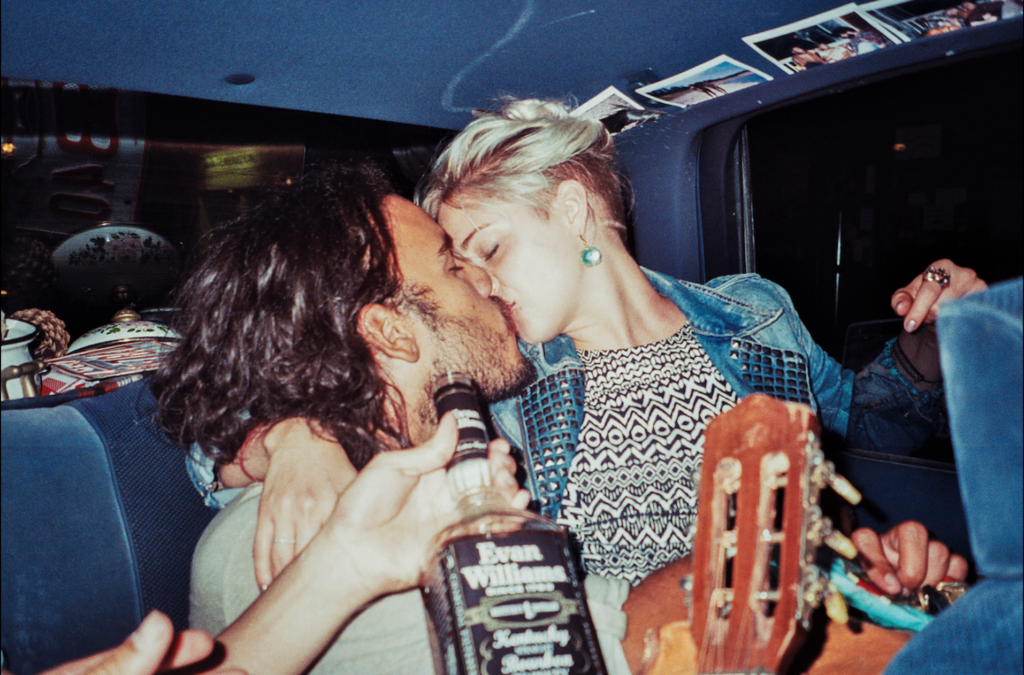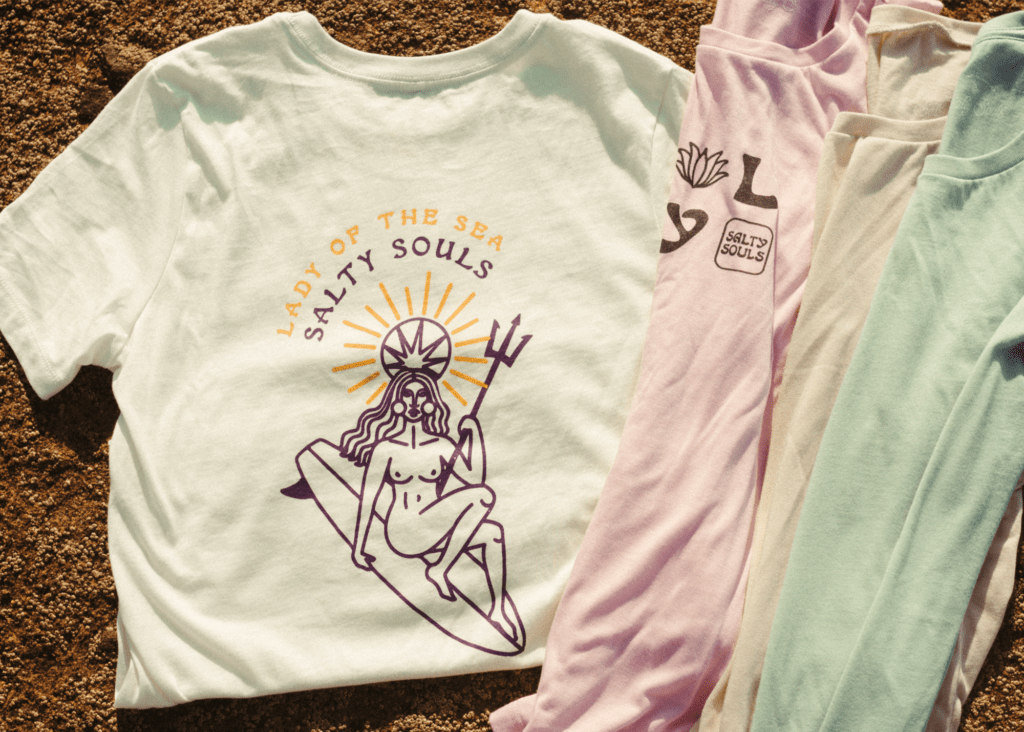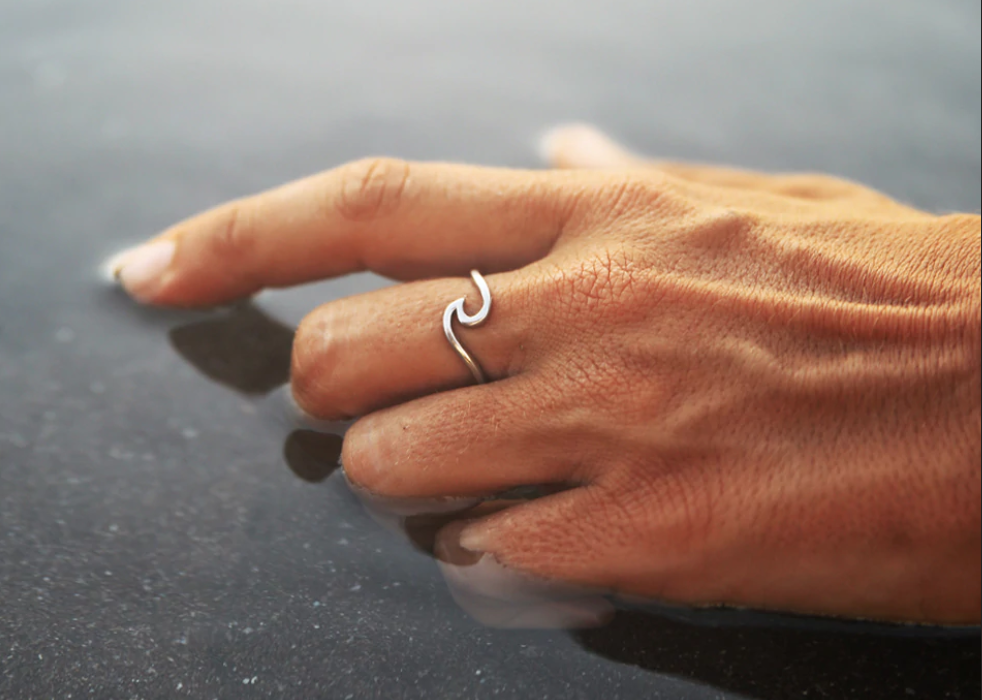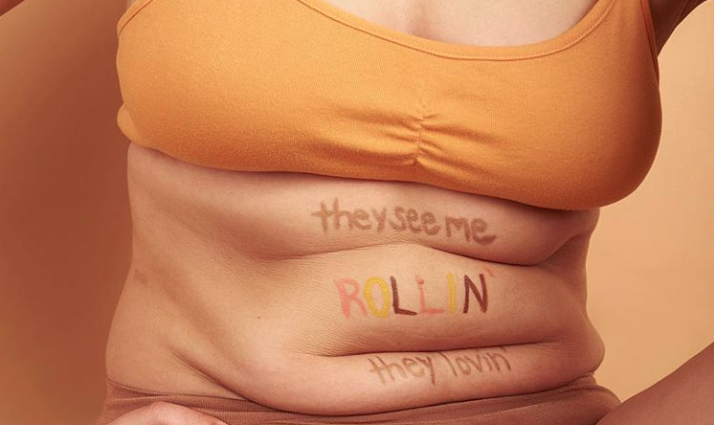This post was originally published in 2016. Some parts have been edited from the original for current day relevance. This article was written about in 2016 in Psychology Today by the late American game designer, author, lecturer and fun theorist Bernie De Koven, a pioneer in the spreading the joy of play. May he rest in peace.
Last week I was meant to be setting off on an adventure on the other side of the world.
From Adelaide, Australia, to El Salvador, Central America. Instead, one day before the flight, I found myself setting off for the emergency room down the road instead.
It here I spent six hours with a doctor who was on the tail-end of a fourteen hour shift, and by this point seemed to be running purely on Red Bull. He was lingering my room because two of the nurses on the ward that night were both ex girlfriends of his. According to him, it was “all just a bit awkward out there.” A situation, he informed me, he would rather avoid.
At this point, it was three o’clock in the morning, and I was sure I could feel my insides turning inside out.
We ate popsicles. When I doubled over in pain and I asked if he could provide anything for the pain, he said he was going to prescribe me a spoonful of cement to “harden up.”
He was over caffeinated and sleep deprived and I had spent hours in pain, but when I left hospital the next day, I felt light and reinvigorated, from hours of laughing and stupidity.
And it kind of made me wonder why more people didn’t roll through the world like that. Playful. Light. Messy. Human.
In book The How of Happiness, Sonja Lyubomirsky writes that 54 per cent of (US) adults lack great enthusiasm for life and are not actively and productively engaged with the world.
So what does all this mean?
So why do we lose our playfulness?
1. Joy is not fashionable
There are 45,000 articles on melancholy and depression in specialized US psychology journals, says analyst Ricardo Goldenberg.
There are less than 400 on joy.
“Joy is not fashionable,” Goldenberg says. “What’s fashionable is panic, depression, medicalization of daily life.”
2. We clip childrens wings from a young age, in a million different ways.
“We are born with 100 per cent of potential to be free,” Writer and songwriter Braulio Tavares says.
A child is born with infinite possibility. However, throughout life, they are continually told what they can’t say, do, think or feel.
“If they don’t have what is deemed the necessary height or strength for a certain sport, or talent for particular instrument, or required score on a standardised test, if the opinions they choose to voice are seen as abrasive or too ‘out there’ or uncomfortable.” doors of possibility start to close.
Each time a child is told they’re this or that, or are told they AREN’T this or that, they readjust their expectations of themselves, and their perception of what they are capable of.
“As we grow older, we not only have these outside factors telling us what we can and can’t do, we also develop that inner monologue of doubt as well. Plus we now have bills to pay. Societal expectations to meet. Before we know it, that 100 per cent of potential to be free we once had is now starting to look like 0.02%.”
We try so hard to be important, to be the winner, to be powerful, to be rich, to be famous… Why ? Because humans believe so hard that this means success, and success means happiness. We start taking it all way too seriously. Along the way, we forget to play, we forget to laugh out loud at all this comedy.
3. The way society machine is organized
“The way society’s machine is organized requires a considerable number of people, maybe half of the population or more, to do things they don’t like for eight hours a day.” Tavares says.
“Because you need to survive you give up your inner child.
“This creative, imaginative, free, spontaneous playful person able to improvise.
To see the unexpected, the new, the different in everything… so that you can fit into the machine”
As individuals we are still largely valued on our productivity over anything else. Any notion of play is still largely seen as indulgent, a way to avoid responsibilities.
Which is kind of backward, if you consider the idea that when you play, you are focused on something, and taking something to the last possible consequence. Play is focussing. Play is collaborating and creating and imagining new ways of doing things, seeing out all possible avenues, and opening our minds up to a plethora of possibilities.
After I was sent home from the hospital, I had a lot of time to live it up in Club Bed and think about this idea of play and playfulness.
And it was in Club Bed I first discovered documentary ‘Tarja Branca‘. Tarja Branca, Portuguese for ‘drops of joy’ explores the urgent and serious business of playing and playfulness. It stresses the idea that we need to reclaim the playful childhood spirit that gets forced out of us in adult life.
I say amen to that.
“Playing is how we as children start making our first social contacts,” says ethnomusicologist Alberto Ikeda, who appears in the documentary.
“It’s how we train, measure strengths and build ourselves as human beings. In adulthood, playing satisfies our lifelong need to understand what we are, how we interact with others, how we exist in an area, and how to get the most out of what is around us.”
We live in a world where self development has become homework, and happiness seems to have become a complicated physics equation that no one can quite seem to crack. There’s no shortage of serious articles and advice columns on how to become ’embodied’ and how to take up space. But what if the answer to all that, is not something we have yet to learn, but something we fundamentally have known since the minute we were born?
“Playing opens a new time and space in a connection that is a bond,”
says teacher Maria Amelia Pereira, another expert appearing in the documentary, in what is most possibly the most beautiful few sentences I think I have ever heard.
“When a child plays, it’s just them and the world.
“Because a child doesn’t live to play- playing is living.
“When a child is playing they are totally responding to their own lives.
“Life is expressing itself inside them.”
Can we let that sink in for a minute?
Totally responding to their own lives. To the absolute present. The real stuff.
Not responding to fear-based predictions of the future. Not responding to that voice in our head that likes to sometimes go ‘hey, remember that time months ago when you epically screwed up/ embarrassed yourself/ made a really poor decision? ‘ or ‘hey, ever wonder if you’re actually quite lame and you’re going nowhere everyone secretly hates you?’
It’s time we stop seeing play as subordinate, and start getting serious about living a playful life. It’s urgent.
Living a playful life doesn’t mean you don’t work hard or study hard. You can live a playful life and still make the intelligent, well-informed choices and decisions of a grown-ass woman.
It just means being present more, responding directly to your own life more.
It means less philosophizing about future situations down the track, less looking back on things you wish you could change.
It means waking up energized, curious and hopeful.
And ultimately means taking more time to do all the things that make you laugh and smile: surfing, skiing, being with the people that make you feel good, dancing, painting, singing out loud to reggaeton songs, sex. Whatever it is, this should be part of your daily life, and never feel guilty for all the time you allow to it.
Allow yourself all of it. Allow yourself to taste it all. Allow yourself to remember what was so innate to you as a child.
Play, please. Its urgent.
With that, I leave you with this quote
“But if you observe children who are two or three years old, if you see how they behave, they are playing all the time.
You see them laughing all the time.
Their imagination is so powerful, and the way dream is an adventure of exploration.
When something is wrong they react and defend themselves, but then they just let go and turn their attention to the moment again, to play again, to explore and have fun again.
They are living in the moment.
They are not ashamed of the past; they are not worried about the future…
The happiest moments in our lives are when we are playing just like children, we are singing and dancing, when we are exploring and creating just for fun.
It is wonderful when we behave like a child because this is the normal human tendency.
As children, we are innocent and it is natural for us to express love.
But what has happened to us ?
What as happened to the whole world?” – Don Miguel Ruiz














